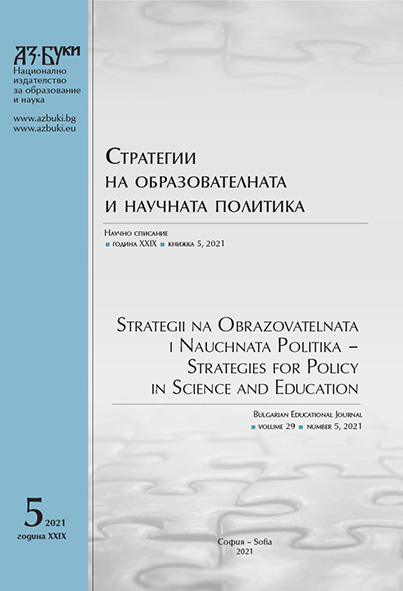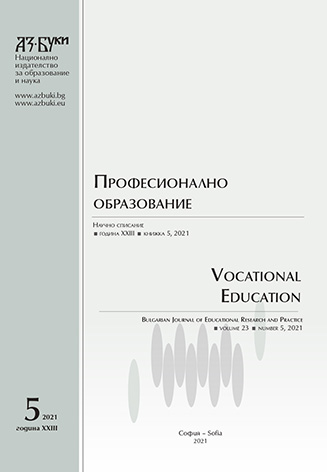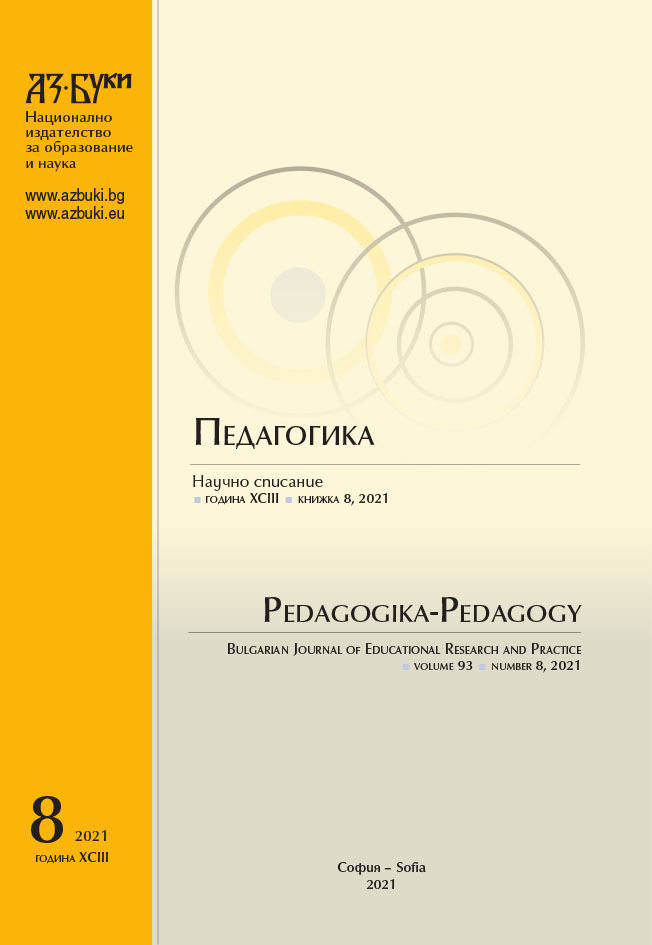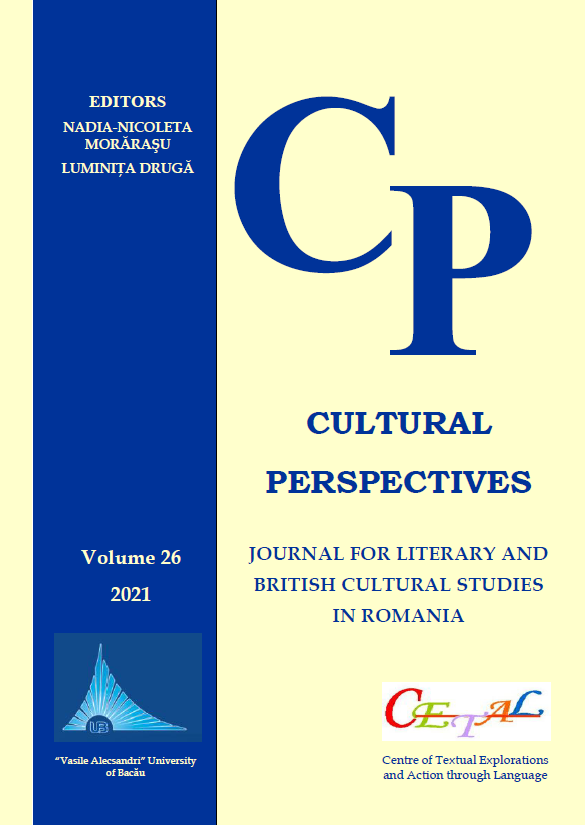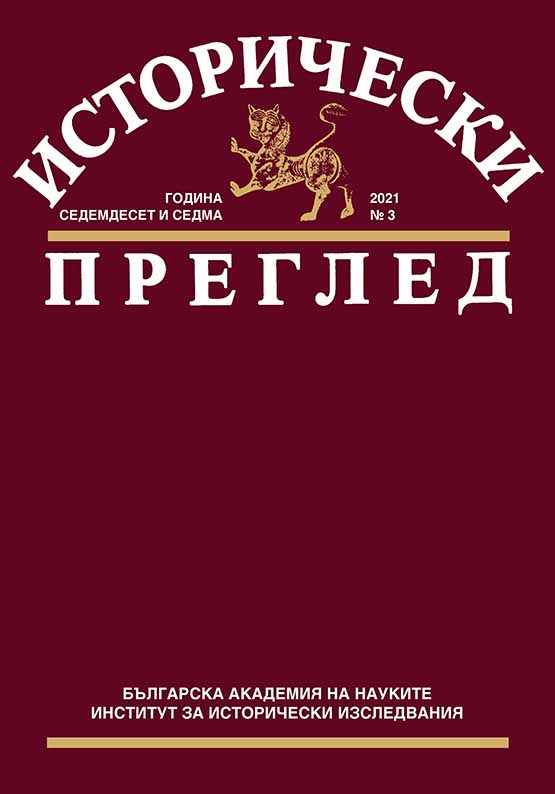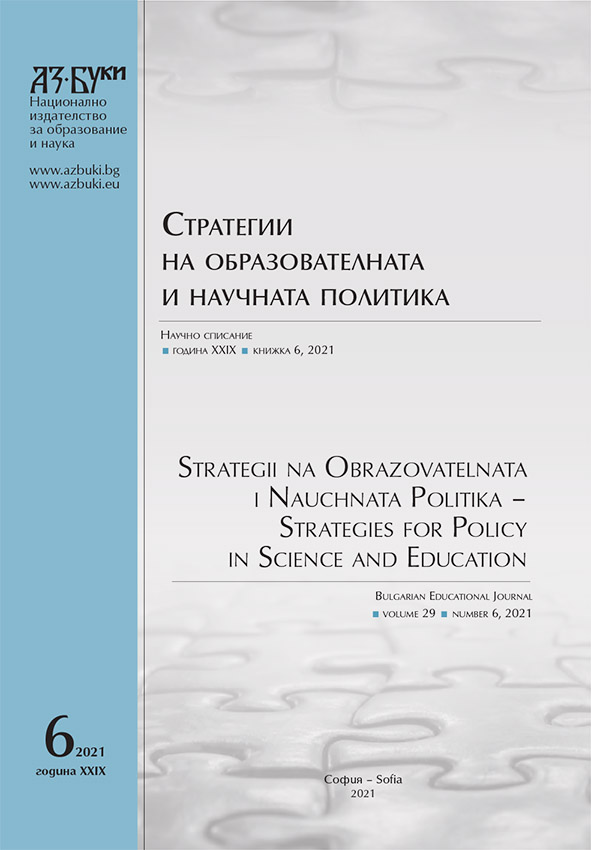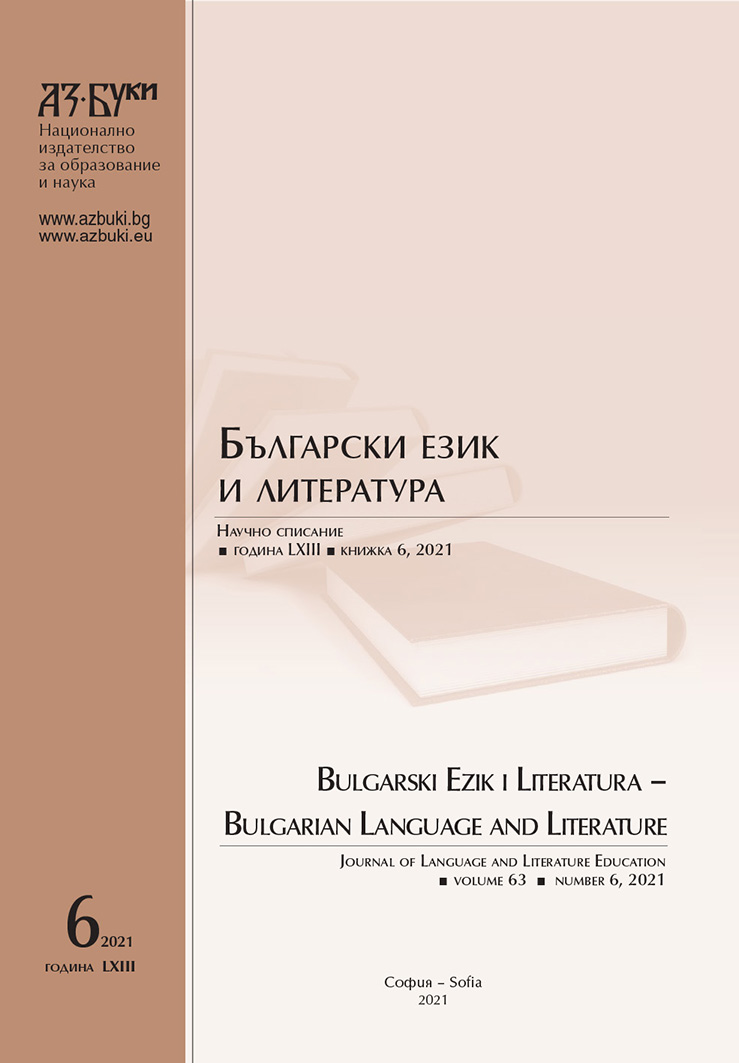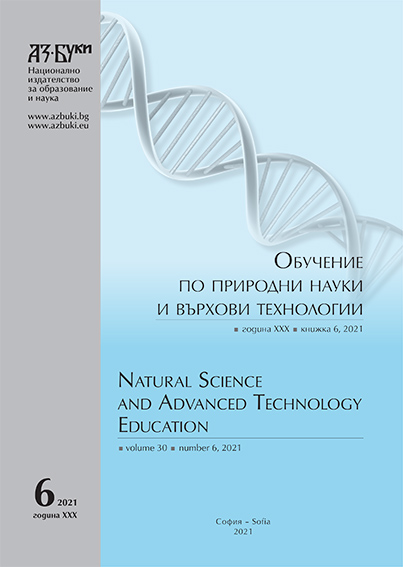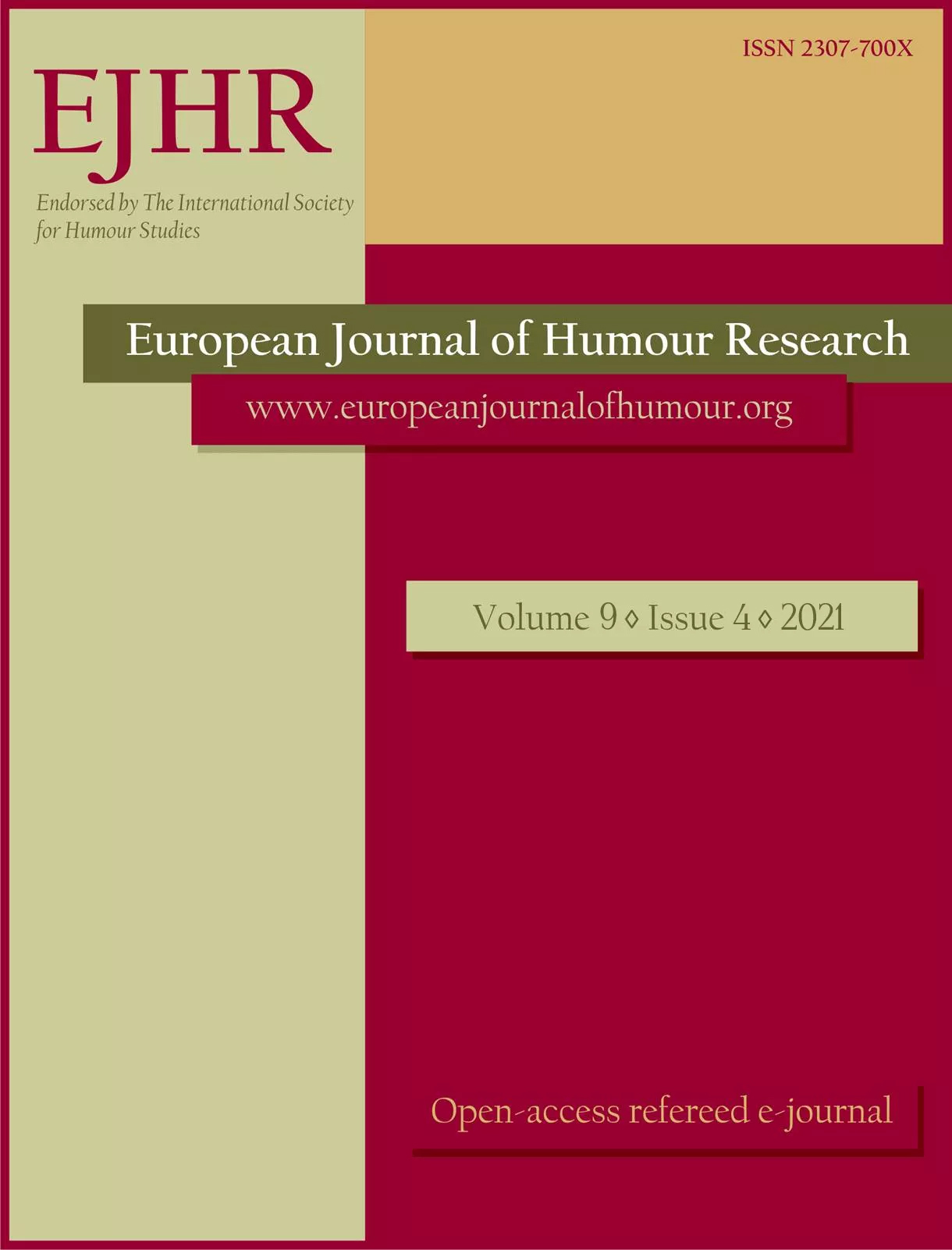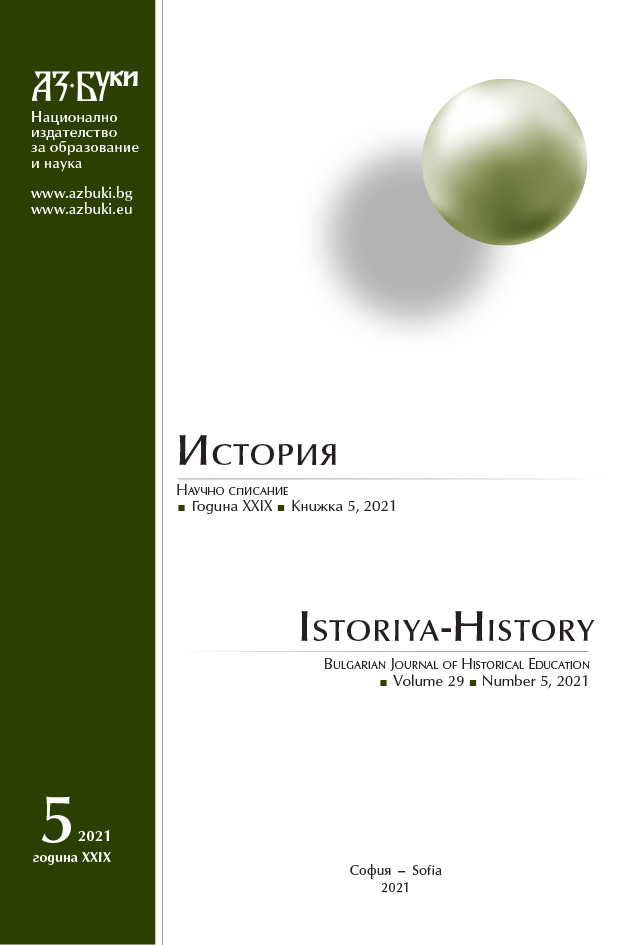
Хигиената като учебен предмет във възрожденското училище
Understanding the concept of hygiene during the Revival includes a complex meaning as a science that helps to protect human health. The need to study this discipline excites a number of Revival educators, doctors and public figures, especially in the period: the mid-60s of the XIX century until the Liberation. This trend is followed by careful analysis and selection of source material, mainly from the Revival press and textbooks, which contain such information. The conclusions show that hygiene fails to establish itself as a ubiquitous subject, but elements of it are introduced into the learning process. Nevertheless, the foundations of the health culture of Bulgarian students were laid, one of the signs of modernization that Bulgarian society experienced during the Revival.
More...
